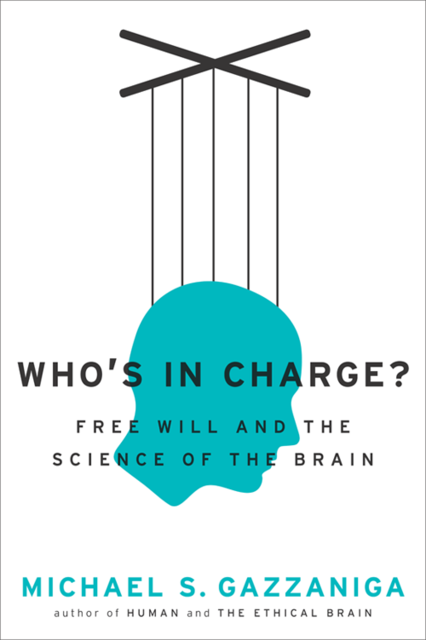Who's in Charge? Free Will and the Science of the Brain
This book is currently unavailable
338 printed pages
- Original publication
- 2011
- Publication year
- 2011
- Publishers
- HarperCollins, Ecco
Impressions
- Olga Gshared an impression4 years ago👍Worth reading💡Learnt A Lot
Quotes
- Despandrihas quoted2 years agoCulture and Genes Affect Cognition
- Despandrihas quoted2 years agowe are the law because we make the laws.
- Olga Ghas quoted4 years agoSo the hard determinists in neuroscience make what I call the causal chain claim: (1) The brain enables the mind and the brain is a physical entity; (2) The physical world is determined, so our brains must also be determined; (3) If our brains are determined, and if the brain is the necessary and sufficient organ that enables the mind, then we are left with the belief that the thoughts that arise from our mind also are determined; (4) Thus, free will is an illusion, and we must revise our concepts of what it means to be personally responsible for our actions. Put differently, the concept of free will has no meaning.
fb2epub
Drag & drop your files
(not more than 5 at once)


